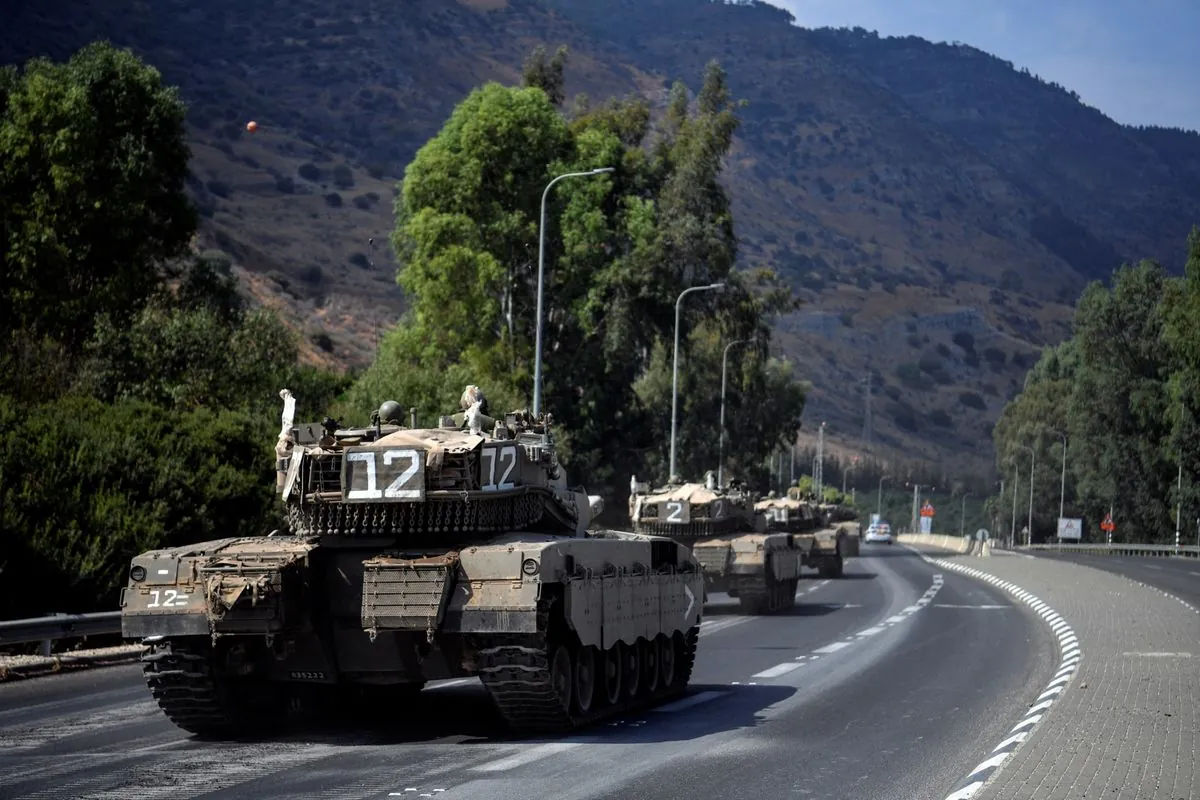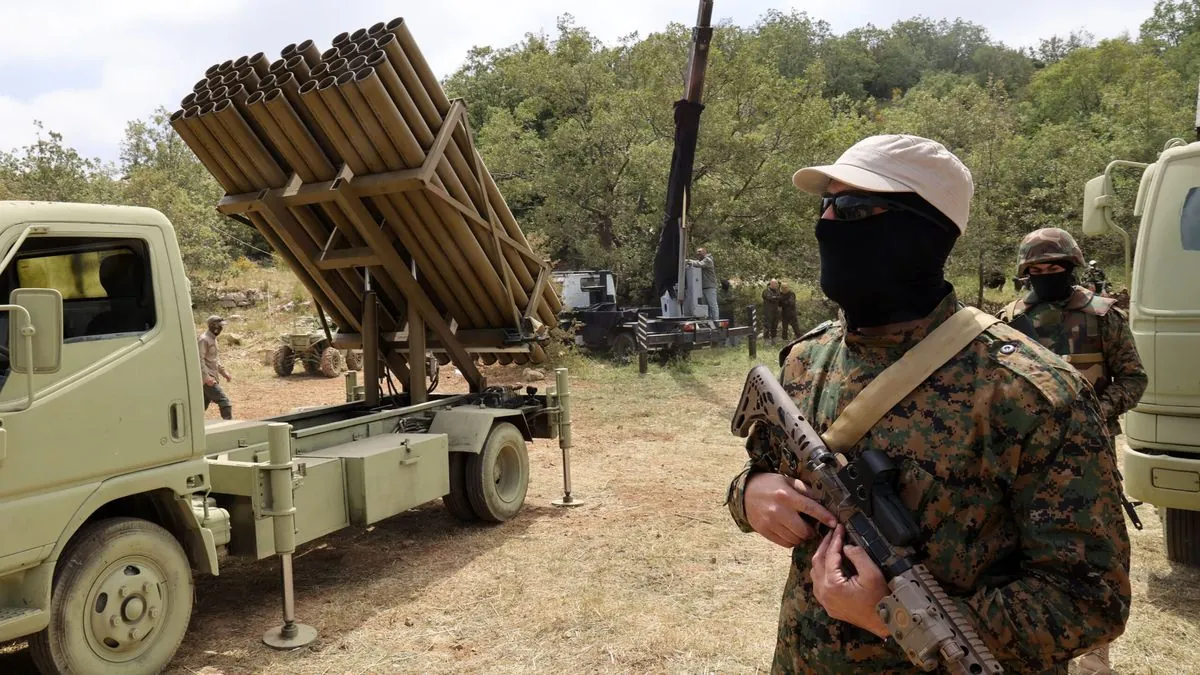Hezbollah's Limited Strike on Israel: A Calculated De-escalation?
Hezbollah launches restrained attack on Israel, potentially averting wider conflict. Both sides claim success, but regional tensions persist with Iran's response to separate incident still pending.

On 2024-08-25, a brief but intense exchange of fire erupted along the Israel-Lebanon border, marking the most significant escalation since October 2023. This event came 26 days after an Israeli missile strike in Beirut resulted in the death of a high-ranking Hezbollah military commander.
The limited nature of the confrontation has led many to question whether this was the extent of Hezbollah's retaliation. Officials and analysts suggest that this calculated response may have allowed both parties to save face while stepping back from the brink of a wider conflict.
A senior Middle Eastern diplomat, speaking anonymously, stated, "Both [Hezbollah and Israel] are pleased with the results, which makes a descent into full-blown war less likely." This assessment reflects the delicate balance struck by the two adversaries.
Hezbollah, founded in 1982 as a Lebanese Shiite Islamist political party and militant group, has a long history of conflict with Israel. The Israel-Lebanon border has been a flashpoint for decades, with major clashes occurring in 1978, 1982, and 2006.
The recent exchange involved the use of Katyusha rockets, a type of unguided rocket artillery dating back to World War II, often employed by non-state actors. Israel's Iron Dome air defense system, operational since 2011, played a crucial role in intercepting incoming projectiles.
Hasan Nasrallah, Hezbollah's Secretary-General since 1992, characterized the attacks as a victory. However, Israel disputed claims of significant damage to its military facilities. An Israeli official noted, "That's something that Hezbollah and Israel share today: They are both happy."

The situation remains tense, with tens of thousands of civilians displaced on both sides of the border. Lebanon, already grappling with political instability and economic crisis, faces additional pressure from this ongoing conflict.
"We are back to the routine operations which started on October 8th."
While this exchange may have temporarily reduced the risk of a broader regional war, analysts warn that the threat has only been deferred. The progress of Gaza cease-fire talks and Iran's pending response to the July assassination of Hamas political leader Ismail Haniyeh in Tehran remain critical factors.
Iran, a major supporter of Hezbollah since its inception, is expected to retaliate for the assassination. However, the timing and extent of this response remain unclear. Iranian Foreign Minister Abbas Araghchi stated, "We do not fear escalation, yet do not seek it — unlike Israel."
The situation continues to impact ongoing negotiations for a cease-fire in Gaza, where Hamas, a Palestinian Sunni-Islamic fundamentalist organization founded in 1987, has been engaged in conflict with Israel. The Gaza Strip has been under an Israeli-Egyptian blockade since 2007 when Hamas took control of the territory.
As the region holds its breath, the international community watches closely, hoping for a de-escalation of tensions and progress towards peace in this volatile area.


































